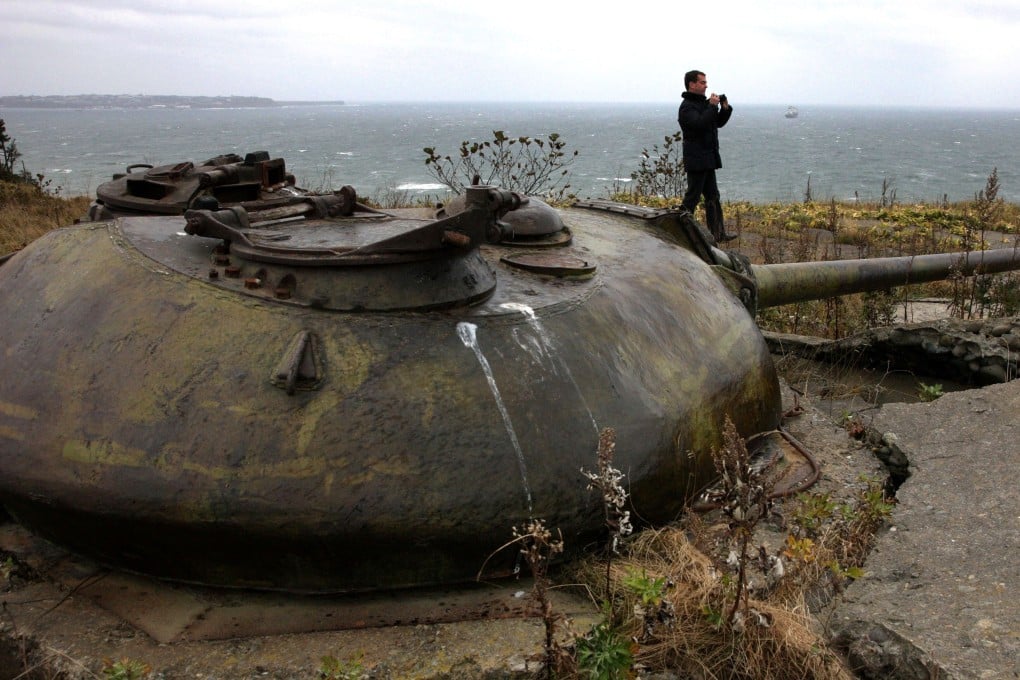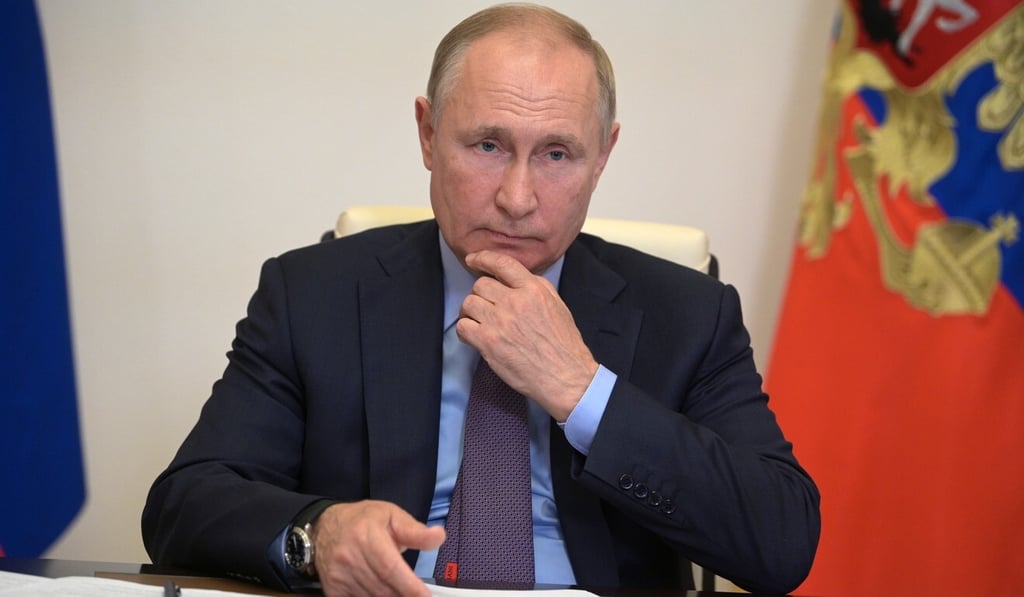Advertisement
Is Russia stirring memories of Japanese war crimes to get close to China?
- A Moscow-sponsored international conference to re-examine the 1949 war crime trials of 12 men from Japan’s notorious biowarfare Unit 731 has angered Japanese conservatives
- They accuse Moscow of playing up the atrocities to forge a stronger alliance with Beijing and enhance Russia’s claim to the disputed Northern Territories/Southern Kuril Islands
Reading Time:3 minutes
Why you can trust SCMP
31

A two-day international conference convened by the Russian government in the city of Khabarovsk in early September to re-examine the war crime trials that took place in the city in December 1949 has angered Japan’s conservatives who have accused Moscow of magnifying the imperial army’s atrocities to seek geopolitical gains.
Back then, 12 men from Japan’s notorious biowarfare research base known as Unit 731 – based in northeastern China during the Sino-Japanese war – were found guilty of manufacturing and using biological weapons during World War II. The men were sentenced to between two and 25 years in labour camps.
The conference was sponsored by the Russian Historical Society, the Federal Security Service (FSB) and the Ministry of Foreign Affairs, with the occasion considered sufficiently important for both President Vladimir Putin and Foreign Minister Sergey Lavrov to issue statements that were read out during the event.
Advertisement
Describing the Khabarovsk hearings as of equal importance to the Nuremberg and Tokyo trials of the leaders of the defeated Axis powers, Putin said the court, “Passed a legal, moral and ethical judgment on those who unleashed World War II and were guilty of terrible crimes against humanity”.

Advertisement
“That tribunal was an expression of our country’s principled position on that gross violation of international law, including the ban on the use of chemical and biological weapons,” he said, adding that the convictions paved the way for the 1972 UN Convention that outlawed such weapons.
Advertisement
Select Voice
Select Speed
1.00x